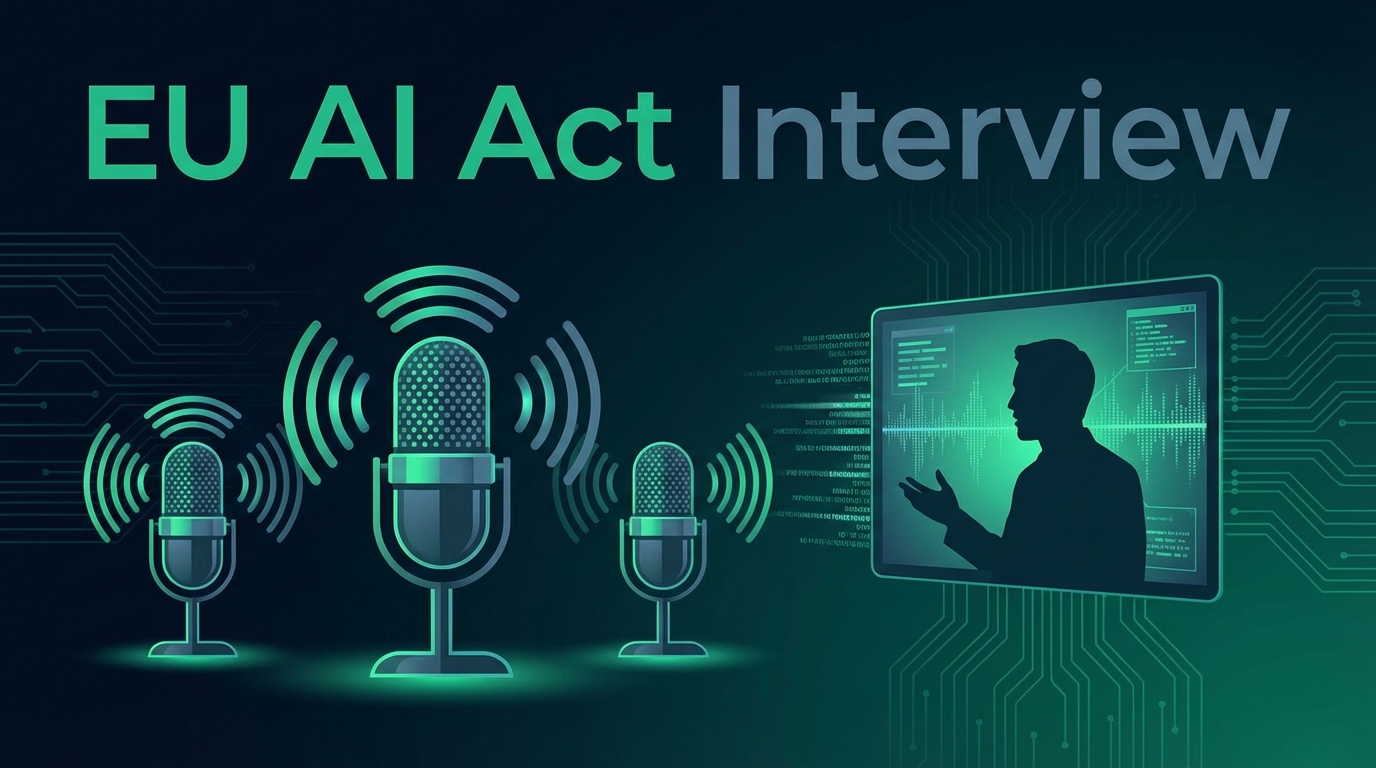EU AI Act Interview

Following the political agreement on the EU AI Act, Ilya Billig from the Gen AI Reality Check channel and Biju Krishnan sat down to discuss the act's long-term implications. Below is an excerpt of their expert discussion.
Ilya: Welcome back, Biju. Let's start with the basics. What does this act cover?
Biju: The EU AI Act covers AI systems in general, aiming to protect fundamental rights from the risks posed by autonomous systems making decisions on our behalf.
Ilya: Does the act apply only to European companies?
Biju: It applies to every company doing business in Europe, similar to GDPR's extraterritorial reach. If your system impacts EU citizens, you are covered.
Ilya: What should companies start doing to prepare?
Biju: Assessment is key. Companies should audit their AI governance frameworks and understand how ethics are incorporated into their dev cycles. Classifying systems into low, high, or prohibited categories is the first step.
Ilya: Will this act put Europe at a technological disadvantage?
Biju: In the short term, investment might be cautious. But long term, "Made in EU" could become a global gold standard for safety and quality, much like GDPR has.